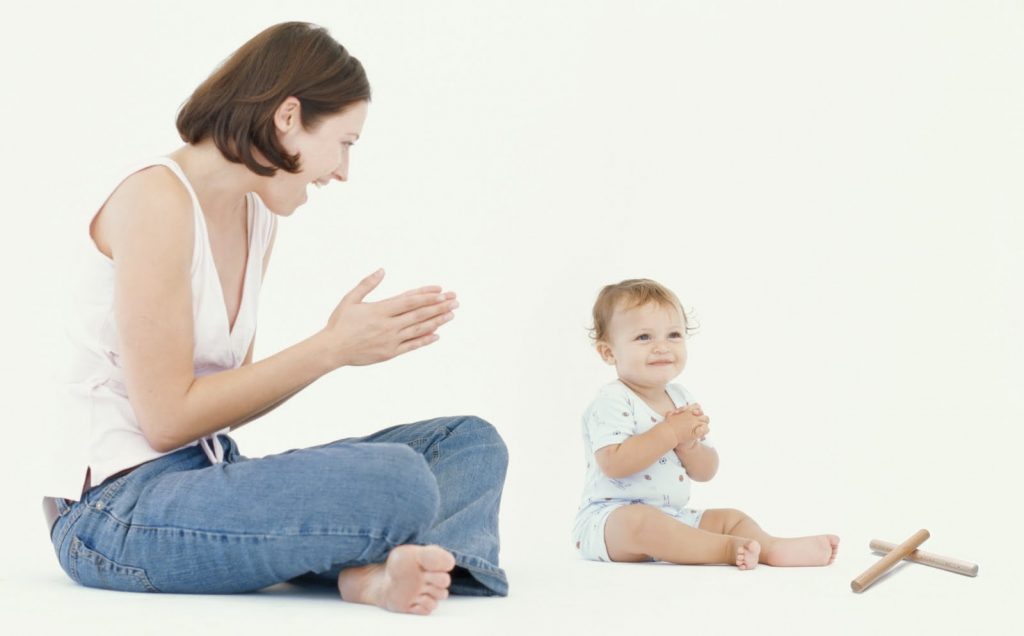 Over the past several decades, researchers have conducted several studies to examine how human babies are capable of imitating facial expressions and hand gestures and even some vocalizations within the first few weeks of life.
Over the past several decades, researchers have conducted several studies to examine how human babies are capable of imitating facial expressions and hand gestures and even some vocalizations within the first few weeks of life.
And they have found, in fact, that babies don’t actually copy us at all.
By repeatedly testing young infants over their first couple months of life, the researchers found absolutely no evidence that they have the ability to imitate.
For the new study, Slaughter’s team showed 106 infants with nine different social and two non-social models and scored their responses at 1 week, 2 weeks, 6 weeks, and 9 weeks. This, more thorough, study showed that the infants truly did not possess any ability to imitate. In response to their grownup examples, the infants were, in fact, equally as likely to produce a non-matching gesture as a matching one.
Now, if these young babies are not able to imitate, why does it seem like they can? Well, Slaughter points out that the earliest studies likely only involved a limited number of gestures for infants to copy. Specifically, she reminds of a study when researchers only tested an infant’s response t an adult poking out their tongue and opening their mouth.
She goes on to say, “If infants also increase their tongue protrusions when an adult models a happy face or finger pointing, then it’s not a case of imitation, but probably excitement at seeing an adult do something interesting. We eliminated this problem by assessing infants’ responses to a wide range of different models.”
Furthermore, Slaughter admits this is a result they were not expecting. As a matter of fact, she tells that the team’s initial goal was to observe if differences in imitation amongst those young infants would better predict later imitation as well as other various aspects of social development.
She says, that the study concludes imitation is not an innate behavior, but rather one a baby learns within the first few months of life.
